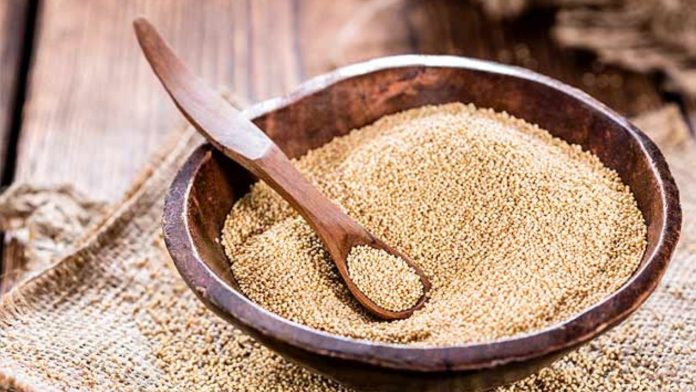Amaranth is one of the extinct superfoods that is returning to kitchens. The seeds and leaves of this extraordinary plant, also known as Rajgira or Chaulai, are a treasure trove of protein, fiber, and a wide range of minerals. Amaranth can be consumed everyday by those looking to drop some pounds or maintain healthy blood sugar levels. Native to Mexico and Central America, the term “amaranth” means “immortal.” It is mostly grown in hilly regions of India, though in more recent years it has also spread to the Central and Western Plateaus. Because of its unrivaled advantages, the grain has gained quite a following even in the US. It remained a part of the diet in Central America even though it was a staple food of the Aztecs in antiquity.
Amaranth has a number of great health advantages, including:
- Gluten-free
As a gluten-free grain, amaranth or choulai is a fantastic option for anyone with Celiac disease or gluten intolerance. Its leaves can be used to make curry or a superb stir fried. Its seeds can be made into rotis, soup, laddoo, and other foods by grinding them into grains.
2. Most abundant plant proteins
Amaranth not only improves digestion and adds fiber to your diet, but it also provides an abundance of vital proteins. According to studies, amaranth includes every amino acid, even several that are frequently lacking in cereal grains. Amaranth proteins are equivalent to animal proteins and are advised for vegetarians to obtain their recommended daily intake of proteins, according to studies.
3. Increase of energy
Rajgira, sometimes referred to as amaranth, is a gluten-free grain that is also a fantastic source of dietary fiber. The leaves and seeds are both nourishing and boost energy levels.
4. Recovering diet
Extremely advantageous for those who frequently feel exhausted and frail, or who are recovering from surgery or illness. Patients may be given amaranth soup as a post-treatment meal.

 हिंदी
हिंदी






